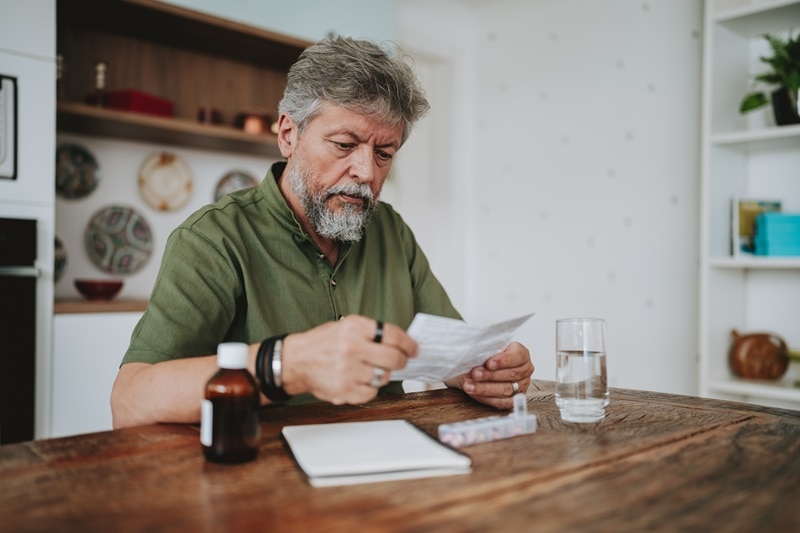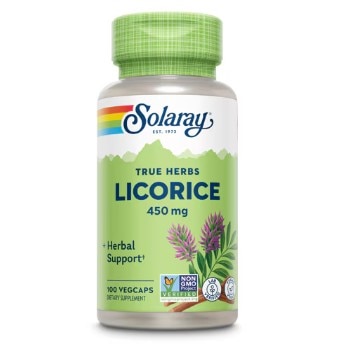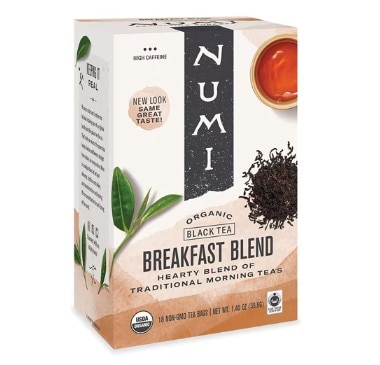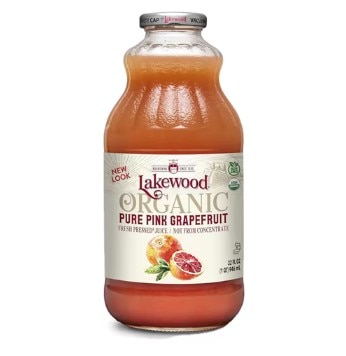Most of us know medications can interact with other medications, but did you know food can too! Whether you are being prescribed a new medication to help manage a chronic condition or alleviate symptoms of a temporary illness, it is important to know what foods may have an impact on the effectiveness of a medication. Keep reading to learn how these interactions occur, what specific foods and beverages can interact with your medications, and how to avoid any complications.
How Food and Medications Interact
Altered absorption
Some nutrients found in food can affect the way the body absorbs certain medications by binding with the ingredients found in the medication itself. This can limit how much of the medication is absorbed into the bloodstream.
Altered metabolism
Some nutrients found in foods and beverages can affect the way the body breaks down and processes a medication, making it less effective or cause adverse effects.
Altered excretion
Some nutrients found in foods can prevent your body from clearing the medication from your system when it should, therefore leading to toxicity.
Food and Medication Interactions
Alcohol
Alcohol alone can have many negative short- and long-term effects on the body. When combined with several medications it can be downright dangerous! Therefore, it is highly recommended to avoid drinking alcohol when taking a prescribed drug and over-the-counter treatments.
Grapefruit and statins, calcium channel blockers, immunosuppressants, sedatives, antidepressants, antianxiety
Grapefruit contains specific compounds that can inhibit enzymes in the gastrointestinal track that are responsible for breaking down some medications. This can potentially lead to reduced effects of statins and diuretics, and toxicity of others. It is recommended to avoid both grapefruit and its juice unless told otherwise by your pharmacist or health professional.
Tyramine and antidepressants (MAO inhibitors)
Tyramine is an amino acid that helps manage blood pressure. It is found naturally in the body and in certain foods like aged cheeses, cured meats, fermented foods and alcoholic beverages. It is recommended to those taking an antidepressant to avoid tyramine-rich foods as the body is not able to excrete it properly leading to toxicity and a spike in blood pressure.
Black Pepper and allergy meds, anticoagulants
Black pepper contains a chemical called piperine, giving it its distinct flavor. However, it may also be responsible for changing how quickly the liver breaks down certain medications. Sources say black pepper is likely safe in amounts commonly found in foods. Those taking piperine supplements are at an increased risk of experiencing adverse effects of other mediations and therefore should be stopped.
Black tea and antidepressants, antidiabetic, antipsychotic and others
Black tea contains compounds called tannins that can bind to several medications and decrease how much of the mediation is absorbed. Therefore, it is recommended to avoid drinking black tea one hour before and 2 hours after taking. Certain medications can decrease how quickly the body gets rid of caffeine, therefore increasing the side effects of caffeine.
Fatty fish and anticlotting agents
Fatty fish like salmon, mackerel, sardines, trout, tuna and herring as well as fish oil supplements, rich in omega-fatty acids, can potentially interact with anti-clotting medications, increasing the risk of bleeding. It is recommended to consult with your healthcare provider before significantly increasing your intake of fish oil supplements or consuming large quantities of fatty fish.
Protein-rich foods and beta-blockers (hypertension meds)
Protein rich foods can accelerate the metabolism of medications by stimulating Cytochrome 450 enzymes in the liver. This can lead to a faster breakdown of medications, potentially reducing their effectiveness. Those consuming high protein diets or protein rich meals may require higher doses of certain medications. Consult with your physician if consuming a high protein diet.
Leafy greens and blood thinners (Coumadin)
Vitamin K found in dark leafy greens like spinach, kale, collards and other green foods such as kiwi and asparagus can counteract the blood thinning effect and therefore increase one’s risk for blood clots. While you do not have to avoid vitamin K foods completely, it is recommended to consume the same amount day to day.
Natural licorice and beta-blockers (hypertension meds), diuretics, hormones, steroids, cancer drugs, blood clotting agents
Licorice root/rhizomes and their extracts are widely used in herbal medicines and dietary supplements, as well as to flavor and sweeten many foods, confections and pharmaceuticals. Licorice competes for the same receptors as some beta-blockers and diuretics, therefore reducing the medications effect.
Dairy and antibiotics (Cipro, Tetracycline)
Calcium found in milk, dairy products and foods fortified with calcium can bind to the ingredients in antibiotics, therefore reducing their absorption and overall effectiveness. There is no reason to avoid dairy because of this. It is recommended to wait at least 2 hours before or 2-6 hours after taking the antibiotic before consuming dairy.
Don’t forget about dietary supplements
Not only can foods and beverages affect how the body interacts with medications, so can supplements. Individuals who utilize vitamin and mineral supplements to fill in nutritional gaps need to be aware of the possible interactions. Always be sure to tell your provider what supplements you are taking as they may advise you to temporarily stop taking or recommend you adjust the timing or amount.
Timing Matters
Certain medications work best on an empty stomach or absorbed fully when taken with a meal. When being prescribed a new medication, you may have to adjust the timing of your meals and beverage consumption to avoid complications. For example, those diagnosed with hypothyroidism, taking Synthroid, are recommended to wait 30-60 minutes to eat anything after taking this medication first thing in the morning. Consider setting an alarm on your phone or a block on your calendar to remind you when to take medications. Or strategically placing medications on your nightstand or in your lunch box so you do not forget to take them.
How to Avoid Food and Medication Interactions
- Before starting any medication, ask your pharmacist or healthcare provider if there are foods, beverages, vitamins or supplements to avoid.
- Read directions, warnings and interaction precautions printed on all medication labels.
- Keep all medications in their original containers, so they can be easily identified.
- Take medicine with a full glass of water unless told otherwise by your pharmacist or healthcare provider.
- Keep all your health care professionals informed about everything that you take.
- Use resources like the Drug Interaction Checker to check all possible interactions.
This all can seem quite overwhelming, so do not go at it alone. Double check with your pharmacist next time you pick up a medication, primary care physician at your annual biometrics screening, or get help from a nutrition expert like a Kroger Health registered dietitian, our nutrition experts. They can help you determine which foods in your diet need to be adjusted or avoided altogether to prevent possible food-medication interactions.




